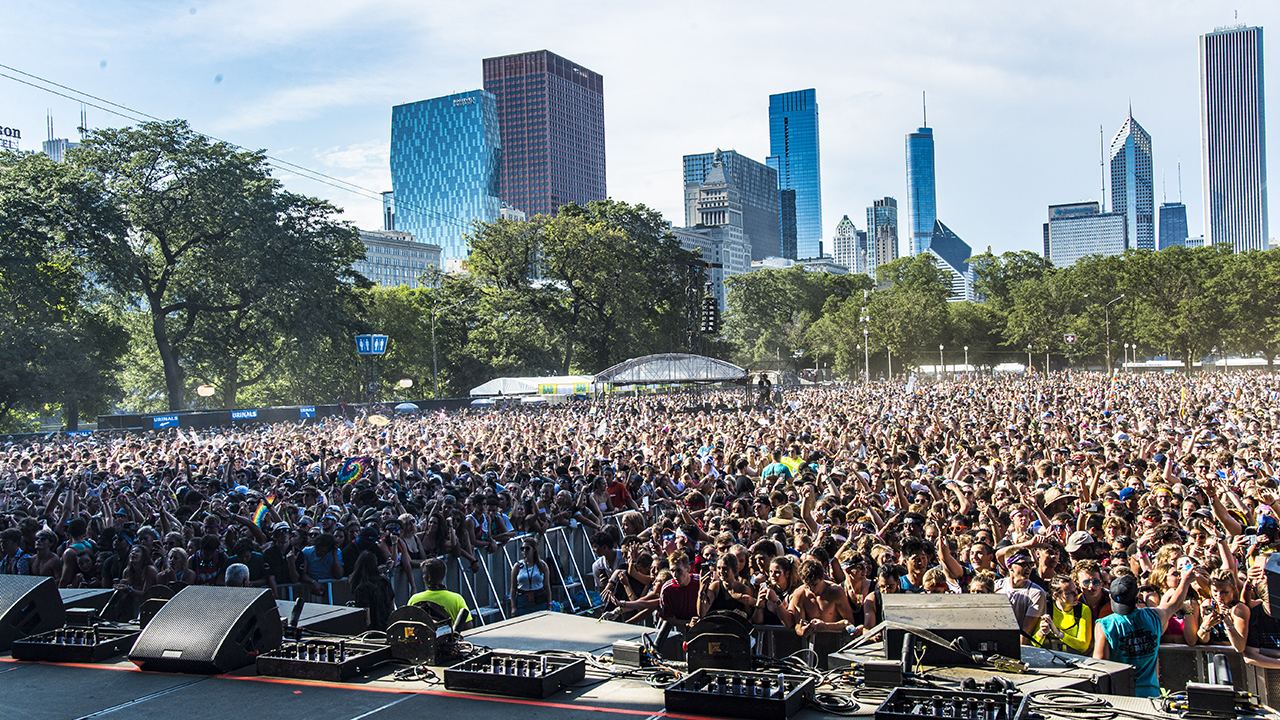Illinois COVID-19: IL reports 6,222 coronavirus cases along with 20 deaths
CHICAGO (WLS) -- Illinois officials announced 6,222 new COVID-19 cases and 20 deaths Monday.
The total number of COVID-19 cases in Illinois now stands at 423,502, with 9,810 deaths, the Illinois Department of Public Health reported.
WATCH: Gov. Pritzker's COVID-19 update: November 2, 2020

Over a 24-hour period, officials said the state processed 68,118 specimens for a total 7,876,421.
The preliminary seven-day statewide test positivity from October 26, 2020 - November 1, 2020 is 9.7%.
As of Sunday night, 3,371 were hospitalized with COVID-19, with 722 in the ICU and 298 patients on ventilators.
-Champaign County: 1 male 60s
- Cook County: 1 female 50s, 1 female 60s, 1 male 60s, 2 females 70s, 2 males 70s, 2 males 80s, 1 female 0ver 100
- DuPage County: 1 male 80s
- Iroquois County: 1 male 80s
- Lake County: 1 male 80s
- Mason County: 1 male 70s, 1 male 90s
- Monroe County: 1 female 90s, 1 female over 100
- Piatt County: 1 female 60s
- Will County: 1 male 90s
RELATED: Myths about COVID-19 busted: Masks, indoor transmission, cold weather, and more

In Monday's daily COVID-19 briefing, Gov. JB Pritzker said not a single region in Illinois saw a decrease in COVID numbers over the last week. He also touched upon businesses hardest hit by the pandemic and security preparations ahead of the election.
Gov. Pritzker outlined the actions of the state so far to mitigate the financial impact on communities and small businesses to help them get through this pandemic, and said more help is on the way.
"There is a combined $315 million remaining between the BIG (Business Interruption Grant) program and the local CURE program available right now for local governments and small businesses," Gov. Pritzker said. "There's $175 million available now for small businesses affected by the pandemic. Applications are open for small businesses of every industry. We also have specific funding set aside for businesses in disproportionately affected areas."
The governor said the priority is to help those businesses left vulnerable by COVID-19 - including restaurants, taverns, movie theaters and performing arts events - with special attention to minority-owned businesses.
Beyond COVID-19, the governor also addressed Tuesday's election. He reminded people to vote if they haven't already, and for those who still have mail-in ballots, to turn those into secure drop boxes or to bring those with you to vote in person at the polls. He also touched upon why the National Guard has been seen back in the city.
"Out of an abundance of caution, we've made sure that our National Guard is simply in a state of readiness," Gov. Pritzker said. "We did this back during the few days before the ruling around Breonna Taylor. We want to make sure that the cities and counties that call upon us for help from the state of Illinois, that we have those resources available to them."
Gov. Pritzker also reminded voters of the importance of wearing face masks and practicing social distancing while at the polls.
RELATED: Keep your COVID bubble small, secure and strict as cases rise
On Saturday, Illinois reported 7,899 new cases, the highest reported in a single day since the pandemic began, breaking the record set Friday of 6,943 cases.
Friday's daily briefing capped another difficult week at the end of a challenging month in the fight against the virus, with almost every metric headed in the wrong direction.
Gov. JB Pritzker implored people to take the threat seriously.
With France and Germany poised to impose a second lockdown, the governor was asked if he is considering another stay-at-home order now that 10 of 11 Illinois regions are in mitigation.
Pritzker said he is not considering a broader measure at this time.
Despite the rising metrics, many suburbs and restaurants are pushing back on Pritzker's new COVID-19 mitigation restrictions, with some even taking legal action.

But Pritzker insists the decision to ban indoor dining is backed by data.
"Every day now we see these numbers going through the roof, and so the idea that we're going to make the locations that are amplifying the number of cases and the spread, the transmission of this virus, that we're going to open those even more at this point makes no sense to me," the governor said.
Pritzker said he was hopeful earlier in the year that the state wouldn't see a second wave.
RELATED: Myths about COVID-19 busted: Masks, indoor transmission, cold weather, and more

"I know that the vast majority of people in this state want to keep themselves safe, keep their families safe, keep their children safe, their neighbors and friends," Pritzker said. "But unfortunately, as these trends indicate, things are moving in a bad direction all across our state."
RELATED: Keep your COVID bubble small, secure and strict as cases rise
Restrictions, including a ban on indoor dining, are now in place in Kane, DuPage, Kankakee, Will, Lake and McHenry counties, suburban Cook County and Chicago. Mitigations in East Central Illinois, Region 6, went into effect Monday, and will be followed by Region 2 on Wednesday.
All of the state's 11 regions will be under tighter restrictions as of Wednesday.
"We are on the precipice of the entire state entering into mitigation," IDPH Director Dr. Ngozi Ezike said. "These last few regions have seen rapid increases in test positivity, one right after another, because of increasing disease spread throughout our communities. We need all people to adhere to both the community mitigation measures and well as personal and family measures so we can swiftly turn our entire state around."









